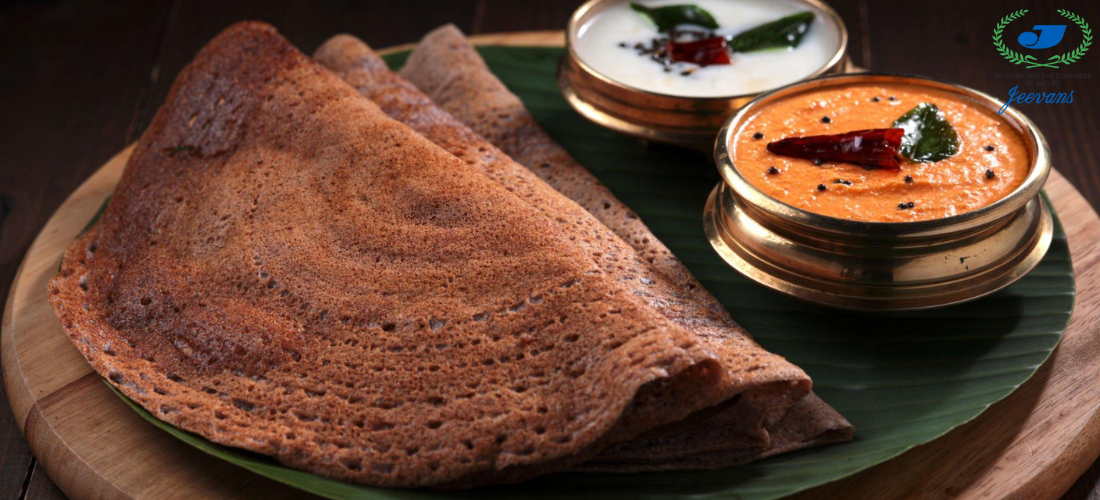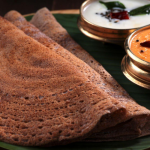Living with diabetes requires a thoughtful and balanced approach to nutrition. One effective way to manage blood sugar levels is by creating a diabetic food chart tailored to individual needs and preferences. In this step-by-step guide, we will explore the essentials of crafting a personalized diabetic food chart and the role of nutrient-rich foods, with a special focus on the inclusion of millets.
Understanding the Basics
A diabetic food chart is a powerful tool that empowers individuals with diabetes to make informed choices about their meals. The primary goal is to regulate blood sugar levels by controlling the intake of carbohydrates, managing portion sizes, and selecting foods with a low glycemic index.
Step 1: Consultation with a Healthcare Professional
Before embarking on creating a diabetic food chart, it’s crucial to consult with a healthcare professional or a registered dietitian. They can provide personalized guidance based on factors such as age, weight, activity level, and overall health. Understanding individual dietary requirements is essential for developing an effective and sustainable plan.
Step 2: Identifying Diabetic-Friendly Foods
Focus on incorporating nutrient-dense, fiber-rich foods into your diabetic food chart. Vegetables, lean proteins, whole grains, and healthy fats should form the foundation of your meals. Millets, often overlooked but highly beneficial, are a valuable addition due to their low glycemic index, providing a slow-release of energy and aiding in blood sugar control.
Step 3: Embracing the Power of Millets
Millets, such as pearl millet, foxtail millet, and finger millet, are gaining recognition as superfoods for diabetics. These ancient grains are not only rich in fiber but also contain essential nutrients like magnesium, which plays a crucial role in insulin regulation. Including millets in your diabetic food chart can contribute to improved blood sugar management and overall well-being.
Step 4: Portion Control
Managing portion sizes is vital for controlling blood sugar levels. Utilize measuring tools or visual cues to ensure that your meals are well-balanced and adhere to your diabetic food chart. Consistency in portion control aids in better glycemic control and weight management.
Step 5: Regular Monitoring
Regularly monitor your blood sugar levels to assess the impact of your dietary choices. This information allows for adjustments to your diabetic food chart based on how your body responds to different foods. Collaborate with your healthcare professional to interpret these readings and refine your dietary plan accordingly.
Step 6: Meal Timing and Frequency
Establishing a routine for meal timing and frequency can help regulate blood sugar levels. Aim for regular meals and snacks spaced throughout the day to prevent drastic fluctuations in blood sugar. Incorporating millets into snacks or meals can contribute to sustained energy release, reducing the risk of sudden spikes.
Step 7: Hydration
Staying well-hydrated is essential for overall health and can aid in blood sugar management. Choose water or other sugar-free beverages, and limit the consumption of sugary drinks. Hydration is a simple yet effective aspect of a diabetic food chart that is often underestimated.
Conclusion
Crafting a diabetic food chart is a dynamic and personalized process that evolves over time. By incorporating nutrient-rich foods and paying attention to portion sizes, meal timing, and hydration, individuals with diabetes can take proactive steps toward better blood sugar management. The inclusion of millets, with their nutritional benefits and low glycemic index, adds a flavorful and healthful dimension to the diabetic food chart, offering a diverse range of options for creating delicious and diabetes-friendly meals.




